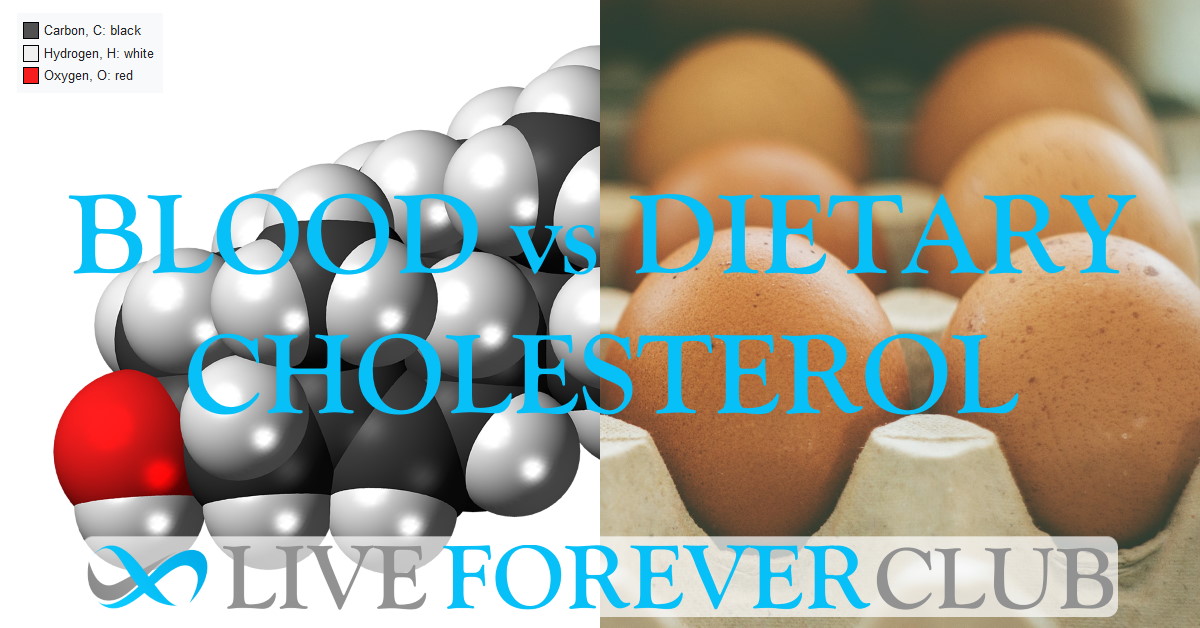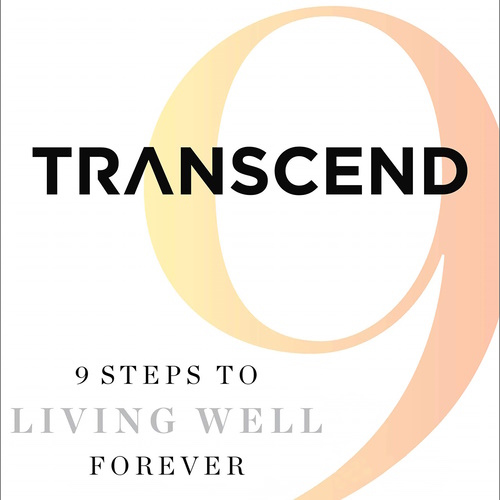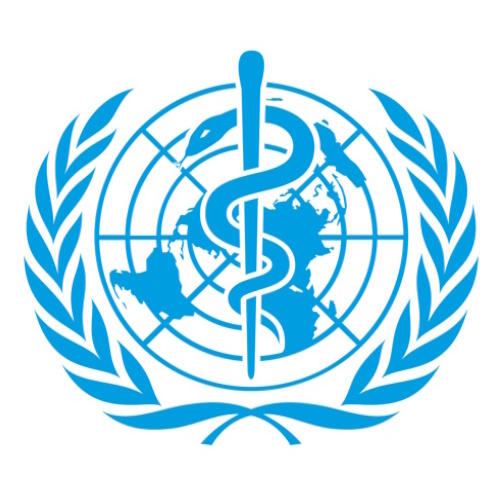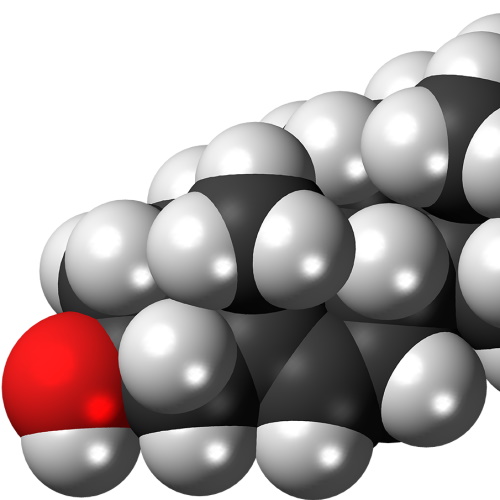The Difference Between Dietary Cholesterol and Blood Cholesterol
If you’re worried about your cholesterol levels, or just wanting to know how to keep them low, a common question is whether the cholesterol you consume in your diet is related to the cholesterol in your veins; and therefore, should you cut down on how much cholesterol you eat? Here we dig a bit deeper into the differences between the two.
What Is Cholesterol?
Cholesterol is a fatty wax like substance needed to keep our cells healthy, produce hormones, vitamin D and other substances that aid in digestion. Cholesterol in our body comes from two sources - our liver and diet. While our liver is able to produce cholesterol, we also obtain some from our diet - known as ‘dietary cholesterol’ which is majorly found in food from animal sources such as dairy items, butter, ghee, meat, eggs, and prawns.
Though cholesterol is important to carry out some vital processes, too much of it in your blood can be harmful. High cholesterol is when you have too much cholesterol in your blood. This can increase your risk of heart and circulatory diseases such as heart attack and stroke. According to the WHO, Europeans have the highest levels of bad cholesterol in the world.
High blood cholesterol can lead to the formation of plaques that stick onto the walls of our blood vessels by a process called atherosclerosis. Gradually, these plaques obstruct our blood vessels - such as the ones in the heart - making it difficult for blood to flow, leading to coronary artery disease. Sometimes, the plaque can break off and form a clot that can lead to a heart attack or a stroke.
Good and Bad Cholesterol
Since cholesterol cannot be carried directly into the blood, because of its fatty nature, it is packaged in proteins called lipoproteins. There are two types of lipoproteins - HDL (or good cholesterol) and LDL (bad cholesterol).
While HDL (high-density lipoprotein) picks up excess cholesterol from the body and transports it to the liver, LDL (low-density lipoprotein) causes build-up of cholesterol into our blood vessels narrowing their lumen. Hence, HDL prevents the formation of plaque in our blood vessel whereas high LDL can lead to a higher risk of heart disease. A specific type of LDL cholesterol - Lp(a) - has been found to be the cause of atherosclerotic CVD, and patients with genetically elevated Lp(a) can have similar lifetime risk of heart attack or stroke as those with familial hypercholesterolaemia (FH).
Dietary vs Blood Cholesterol - Is There a Link?
So, it might seem that consuming a lot of cholesterol in your diet (dietary cholesterol) could cause an increased level of cholesterol in your blood (blood cholesterol). But the relationship between dietary and blood cholesterol isn’t really that straightforward.
The amount of cholesterol in the blood is kept under control by regulating the production of cholesterol. Whenever dietary intake of cholesterol goes up, production of cholesterol in the liver goes down. When dietary cholesterol decreases, our body makes more. Therefore, blood cholesterol doesn’t undergo any fluctuation due to changes in dietary intake of cholesterol. Many cholesterol-containing foods are relatively low in saturated fat and contain other useful vitamins and minerals. You should only cut down on these foods if you have been advised to by your doctor or a dietitian.
However, in some people, high dietary cholesterol CAN raise blood cholesterol levels - these people are called ‘hyper-responders’ (or high absorbers) and constitute about 40% of the total population. While hyper-responders do experience raised cholesterol levels when they increase their dietary cholesterol, the ratio of LDL to HDL cholesterol in these individuals stays the same and their risk of heart disease doesn’t seem to go up.
Though it has been strongly advertised that taking high dietary cholesterol can cause cardiovascular disease (CVD), most people can adapt to a higher intake of cholesterol. Thus, dietary cholesterol has little effect on blood cholesterol levels.
Australia, Canada, New Zealand, Korea and India, among others, do not have an upper limit for cholesterol intake in their dietary guidelines. Nor do European countries, and in 2010 the European Food Safety Authority (EFSA) decided that it was not necessary to publish a recommended limit for dietary cholesterol even when a lot of debate was going on in the US, commenting that “although there is a positive dose-dependent relationship between the intake of dietary cholesterol with blood LDL cholesterol concentrations, the main dietary determinant of blood LDL cholesterol concentrations is saturated fat intake.”
What Does the Research Say?
The hypothesis that total cholesterol (TC) causes CVD was introduced in the 1960s by the Framingham Heart Study. In their 30-year follow-up study published in 1987, the authors reported that ‘For each 1 mg/dl drop in TC per year, there was an eleven percent increase in coronary and total mortality’. Three years later, the American Heart Association and the U.S. National Heart, Lung and Blood Institute published a joint summary concluding, ‘a one percent reduction in an individual’s TC results in an approximate two percent reduction in CHD risk’. The authors misinterpreted and manipulated the results of the Framingham publication to support this widely quoted false conclusion.
Extensive research since then does not show evidence to support a role of dietary cholesterol in the development of CVD. As a result, the 2015–2020 Dietary Guidelines for Americans removed the recommendations of restricting dietary cholesterol to 300 mg/day. The fact that dietary cholesterol is common in foods that have high amounts of saturated fatty acids may have contributed to the widely believed notion that dietary cholesterol is atherogenic (i.e. form of fatty deposits in the arteries).
According to the longest research study on heart disease to date, the previously mentioned Framingham Heart Study, there is no relation between dietary cholesterol and blood cholesterol or heart disease deaths. A meta-analysis and systematic review of 40 studies between 1979-2013 showed that dietary cholesterol was not statistically significantly associated with any coronary artery disease. For example, one study with 28,000 participants showed no significant difference in all-cause mortality between higher (7+ eggs/week) and low consumption (< 1 egg/week), and mortality from CVD, ischaemic heart disease (IHD), or stroke.
How To Measure Blood Cholesterol Levels?
A simple blood test is done to help measure blood cholesterol levels. Either a simple finger prick can be taken at home or a blood sample will be taken and sent to the laboratory to analyse. Special instructions may be given by the doctor or nurse before you take the test. If you are getting HDL and total cholesterol levels checked, you may be able to eat beforehand. However, if you’re having a complete lipid profile done, you should avoid eating or drinking anything other than water for nine to 12 hours before your test.
Although there are no specific targets for cholesterol levels to aim for healthy people, these are good starting points:
- Total cholesterol: below 5.0 mmol/L
- HDL cholesterol: above 1.0 / 1.2 (male/female)
- TC:HDL ratio: below 5
In Ray Kurzweil’s book, Transcend, he targets a ratio of less than 2.5.
What Can You Do to Reduce Your Blood Cholesterol?
As with many health conditions, your risk increases with age (one reason being the liver becomes less able to remove LDL cholesterol) but there are other things that you do that you have more control over. Avoiding cholesterol in your diet may not lower your blood cholesterol, so what else can you do to affect it?
Improve your diet - replacing dietary saturated fat with polyunsaturated fat can reduce the risk of heart disease. Also, soluble fibre (found in oats, flaxseed, and beans) can help lower blood cholesterol.
Exercise - moderate physical activity can help raise both the number and size of good cholesterol (HDL) particles.
Keep a healthy weight – obesity increases the risk of high cholesterol, specifically increasing the level of bad (LDL) cholesterol.
Stop smoking – toxins in cigarette smoke can oxidise LDL, preventing the immune system removing it from the blood stream. Just one more reason not to smoke.
Many of the approaches to reducing blood cholesterol will also reduce your risk of type 2 diabetes. And it works the other way around too, as high blood glucose levels damage your blood vessels which are then more likely to develop plaques.
If the lifestyle changes alone do not lower your cholesterol enough, you may also need to take medicines like statins. If you take medicines to lower your cholesterol, you still should continue with the lifestyle changes.
Conclusion
Hopefully, that’s given you food for thought – but now you know to think about saturated fat intake rather than dietary cholesterol. And if you are planning on taking action to improve your blood cholesterol levels, remember that it’s not a quick fix. As the European Society of Cardiology (ESC) says, a lifetime approach to cardiovascular risk is needed – we should all (irrespective of ages and risk level) adopt and sustain a healthy lifestyle.

Mentioned in this blog post:
Click on resource name for more details.
European Food Safety Authority (EFSA)
European Union agency that provides independent scientific advice on risks associated with the food chain.
European Society of Cardiology
Independent non-profit association focused on reduce the burden of cardiovascular disease
Transcend: Nine Steps to Living Well Forever
This easy-to-follow program written by Ray Kurzweil will help you transcend the boundaries of your genetic legacy and live long enough to live forever
World Health Organization (WHO)
Specialized agency of the United Nations responsible for international public health
Highlights of Ending Age-Related Diseases 2020
How To Boost Your Immune System








